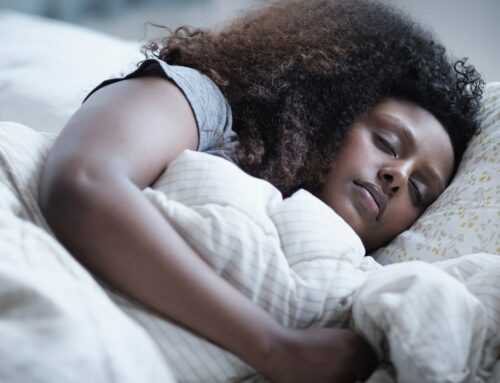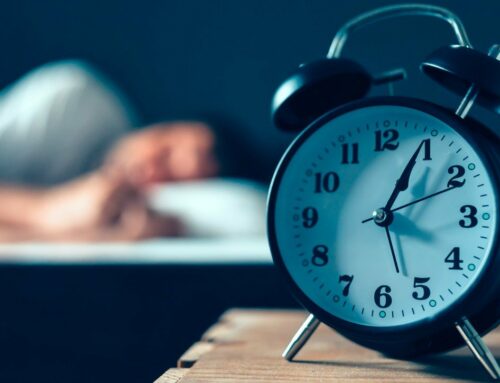We all know that sleep is good for us, but how much sleep do we actually need?
According to The Centers for Disease Control and Prevention, insufficient sleep is a public health epidemic. Poor sleep can impact many aspects of our physical and mental health and has been shown to impact health problems such as obesity, diabetes, hypertension, and depression. Importantly, research indicates that many of us, and American teenagers in particular, just aren’t getting enough sleep.
But how much sleep do we need exactly? Luckily, we now have a consensus. Researchers recently published updated guidelines for recommended sleep ranges. The new guidelines were created based on thorough reviews of scientific literature and input from several professional organizations.
Here are the guidelines:
- Zero to three months of age: 14 to 17 hours
- Four to 11 months of age: 12 to 15 hours
- One to two years of age: 11 to 14 hours
- Three to five years of age: 10 to 13 hours
- Six to 13 years of age: nine to 11 hours
- 14 to 17 years of age: eight to 10 hours
- 18 to 25 years of age: seven to nine hours
- 26 to 64 years of age: seven to nine hours
- 65 and older: seven to eight hours
(Hirshkowitz, M., et al., 2015).
Although each person is a little different, these recommendations can help guide parents and others in creating a home environment that is conducive to everyone in the family (adults and children alike) getting enough sleep. Keep in mind, sleeping over the recommended range may be a sign of other health problems, including depression.
How can I start getting more sleep?
The National Sleep Foundation suggests several strategies that can help create a sleep-friendly bedroom environment including:
- Dimming the lights an hour before bed
- Keeping room temperature between 60 and 67 degrees
- Maintaining a clean un-cluttered room
- Reducing noise: keeping the TV off, using a fan to create a soothing backdrop
- Using scents, such as lavender to promote relaxation
Do you or your children struggle with getting enough sleep? If so, Georgetown Psychology Associates can help. Call us at (202) 333-6251 to schedule a sleep consultation.



